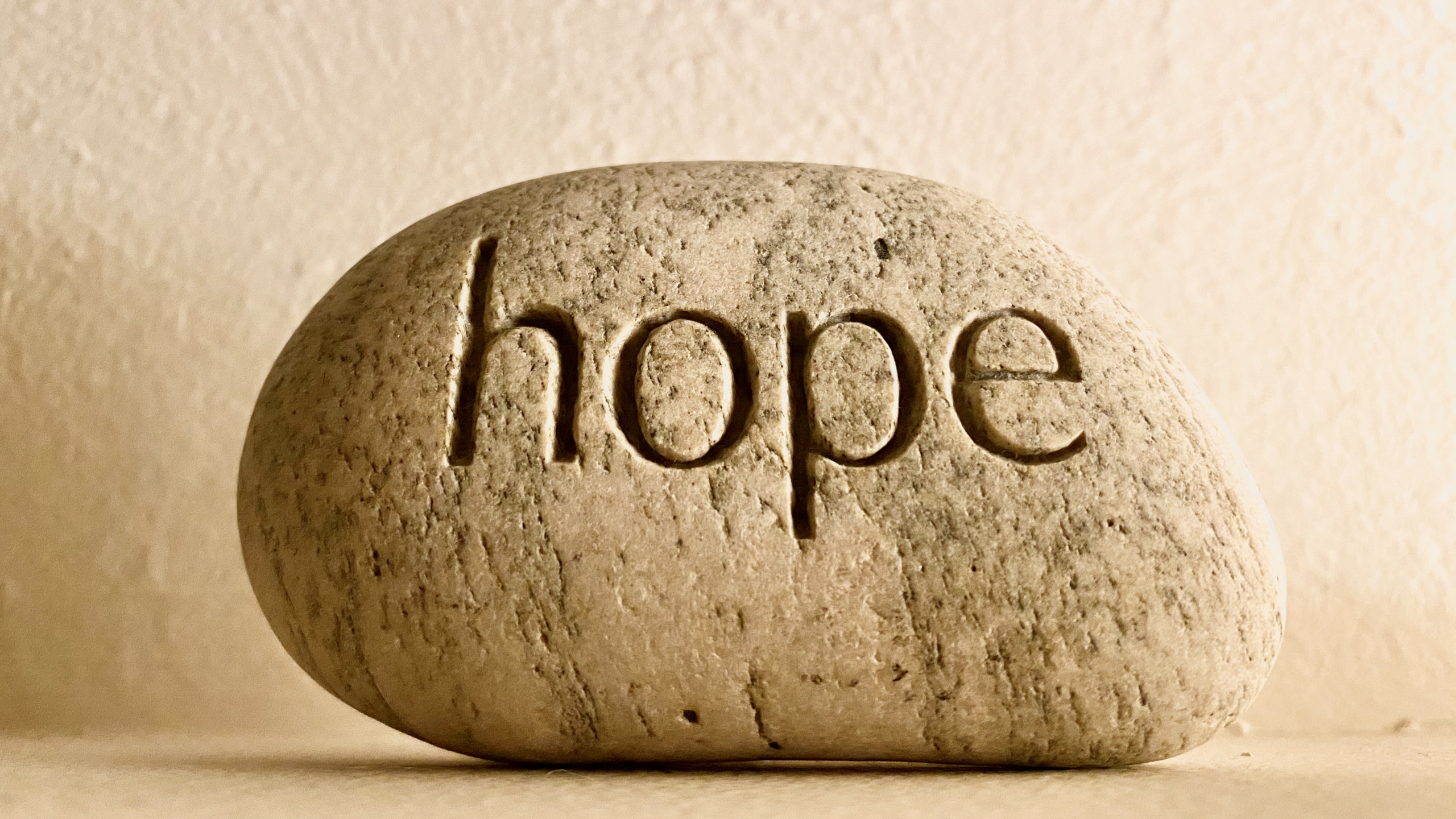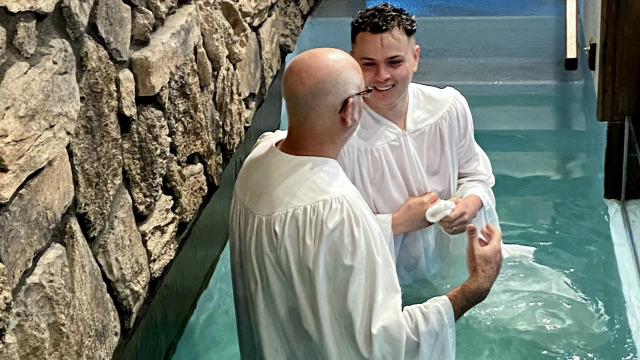By Jon Roberts – Denver, Colorado … One year ago, packed schedules and the daily busyness of life came to a screeching halt. Overnight, basements became offices, kitchen tables became classrooms, and going on vacation meant walking around the neighborhood.
What began as a few weeks of an “I can do this” attitude quickly turned into months of isolation, stress, and, for many, loneliness. With the pandemic end finally in sight, our way of life has changed permanently, and the lessons learned from the pandemic will last long after COVID is eliminated.
For Alise Weber, associate pastor at the Littleton church, keeping life simple is her new normal. “Living more simply is something I hope to keep,” she said. “We are home together more, playing games, cooking together, family worships, and enjoying more quality family time overall.”
Spending more time as a family is also important to Sandy Hodgson, principal at Vista Ridge Academy. “As a family, we love ‘eating in’ together and playing games, so we have been blessed to continue those traditions during the pandemic.”
While others have enjoyed the calendar being free of events.
“I have not minded this past year. My husband had to cancel his travel which meant we had more time at home, getting some projects done. I like being home! But I do miss getting together personally with my family, my friends, my Sabbath School class, and my church family,” Ardis Stenbakken, Campion church communication director and former world church women’s ministry director.
But for James Murdoch, associate pastor of the Boulder church, maintaining an online presence of worship is the lesson learned. “I think we will always need to keep an element of our online presence going after the pandemic ends due to all of the connections we have made outside of our territory in Colorado. While nothing compares to the community created in-person, Zoom has shown us that our kingdom footprint has more impact beyond our four walls if we are willing to continue using this digital component of our ministry.”
Ron Price, Farmington’s Pinon Hills church leader echoed Murdoch’s statement. “I’m sure Zoom meetings are here to stay, as will, hopefully, the increased handwashing and added emphasis on health.”
For some, changes in their personal and worship life are not the only lessons that will be applied in a post-Covid era. “I am not missing a ‘too-busy’ schedule. I will continue to be intentional when scheduling future appointments and activities,” Brenda Dickerson, communication director for Mid-America Union Conference said.
Michelle Velbis, principal at Springs Adventist Academy, also wants to keep the slower pace of life. “At first, I didn’t like the slower pace. But now I can’t imagine going back to the breakneck pace of pre-Covid. I can be more mindful and present with my family and I enjoy the intimate and simple interactions.”
The onset of the pandemic has made some reflect on their lives and their schedules.
“In some respects, Covid has produced welcome changes. I was scheduled to attend a couple of conferences which had to go virtual, saving me time and travel costs. Another positive change is that my wife and I are more health and cleanliness-conscious than perhaps we were before,” Price commented.
Rocky Mountain Conference churches and schools have grown due to the commitment of many to reach the community during challenging times.
“We have actually increased in numbers this year because we have been able to stay open,” explained Velbis. “Parents are looking for schools where they can get personalized instruction. We have also started a family chapel every week and that has been a real blessing to our families, many who have not attended church for quite a while,” Velbis said.
Hodgson added, “Our school has seen stability in enrollment and an increase in support and appreciation from our families with all the precautions we have taken to keep their children safe and continue in-person learning.”
For corporate worship, the simple act of gathering together is now a blessing many enjoy instead of taking it for granted.
“We have begun to rethink how to build and maintain community in ways that we may not have before. What used to be a habit of coming together on the Sabbath, has been rejuvenated to help us understand how good it is to gather together to worship,” Murdoch commented.
For some, the rigid structure of church has given way to flexibility.
“I think overall people have had to adjust to constantly-changing circumstances. This has lent itself to less rigidity and opened a pathway for more creative ways of doing things that maybe would not have been thought of before,” Weber added.
For others, the simple act of coming together for communion has been a blessing.
“However, the greater joy for me was when we had the communion service and about 130 individuals partook either in person or at home by having the symbols and the message of hope delivered to them by the elders and the deacons. I believe that was the greatest success when once again all the active members felt part of the whole, the body of Christ, Anton Kapusi, pastor of Pueblo church said.
For many this is a year they are looking forward saying goodbye to. “So, as we leave this year behind, I am hoping as we can get together, we will all be more aware and reach out to friends and church family members who may be missing for whatever reason. I want to be able to enjoy worshiping and socializing with all of them,” Stenbakken commented.
While many changes have taken place over the past year, there are some changes that will have eternal effects on individual lives.
“I have also been able to strengthen and invest in my relationship with my Savior. I have rediscovered my ‘first love’ experience and hunger for His word and presence in my life like never before,” Velbis commented.
–Jon Roberts is RMC media/communication assistant; photo by Jamie Ginsberg on Unsplash

















